Budgeting basics: How to get the most out of your project's budget
Top tips and hints to making your budget stretch and keep track of your project's costs from start to finish
Taking on a big home renovation requires detailed planning and careful money management but we’ve got some surefire ways to help you keep track of the finances and bring your project in on budget.
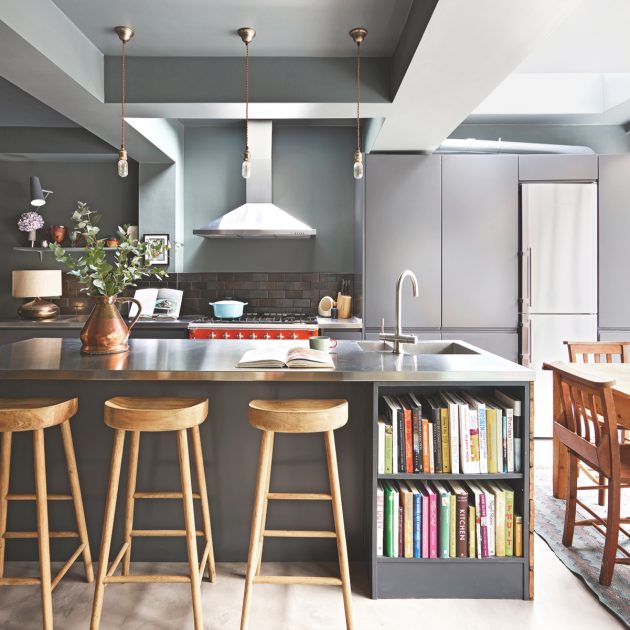
Do your research
Whether it’s a new kitchen or an attic conversion, seek expert advice at the beginning of the project to save money later on. From applying for planning permission to ensuring building work is undertaken safely, consulting an architect or structural engineer is vital to setting a realistic budget for the project before you start.
Have a contingency fund
Put aside 20% of your total budget for unexpected costs that could crop up during the renovation. All projects throw up surprises - don’t let them derail the whole project!
Negotiate (in a nice way)
Once you know what jobs need to be done, seek a few quotes from reputable firms and don’t be afraid to try to negotiate with your contractor to get the most for your money. Tell each company that you’re getting multiple quotes at the outset for their best price or ask them to work to a specific value - if you have a budget of £20k and they quote £25k, ask them for their advice on how to bring the project in for less without compromising quality.
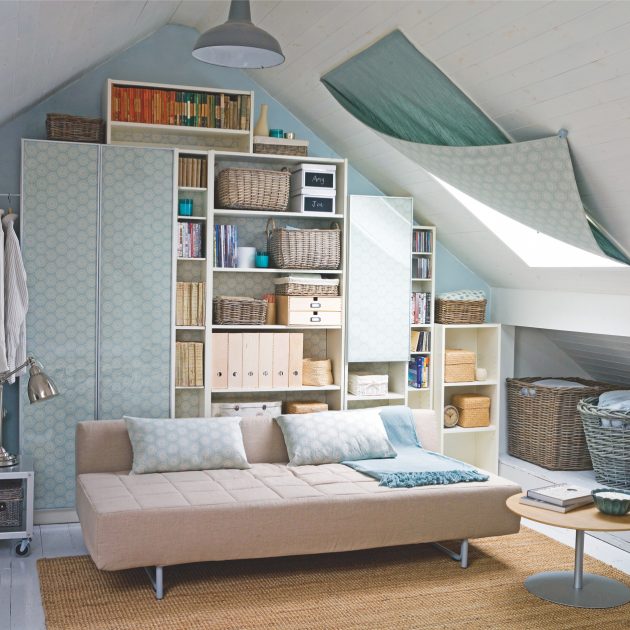
Spend time, not money
Start planning your project well in advance so that you can source everything you need for the best price. Hired labour is a significant cost so try to have all the bits you need to complete the job on site from the project start date. Factor in delivery costs as it could work out cheaper to order a number things from the same supplier.
Be money wise
Think ahead to stagger the costs over paydays or put aside a sum every month before you begin. Paying for goods on a credit card gives you certain protection against loss, theft or damage that cash or debit cards don’t offer - but make sure to pay it off in full every month. Keep a record of everything you spend and share it with your partner or anyone who is working on the project with you. Make it easy by setting up shared documents online so you can stay in control of expenditure.
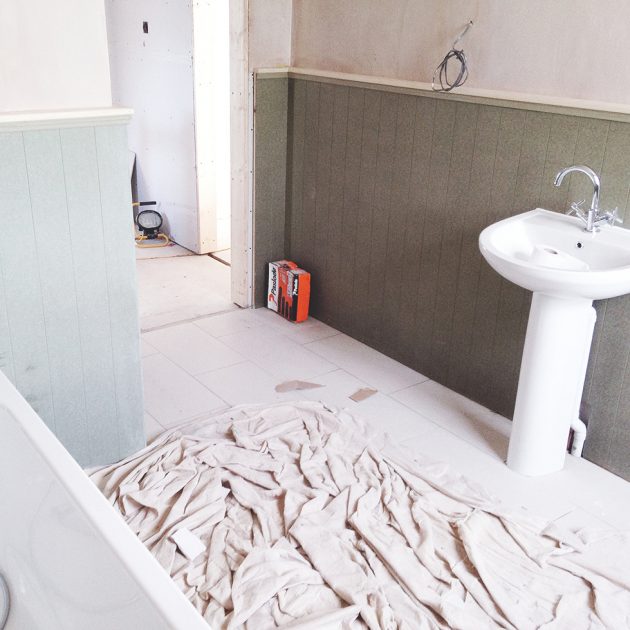
Be savvy but don't scrimp
Some jobs you can certainly take on yourself to save money such as painting, decorating and laying floors but any electrical or plumbing issues should always be carried out by a certified professional. Think long term - you don’t have to have everything in place at the end. It might be enough to ensure the basics are right and add furnishings and finishes further down the line.
Get the Ideal Home Newsletter
Sign up to our newsletter for style and decor inspiration, house makeovers, project advice and more.
-
 How to set up a drip watering system that saves water and a lot of effort
How to set up a drip watering system that saves water and a lot of effortKeep your plants hydrated (and your water bill down) with this clever garden watering solution
By Natalie Osborn
-
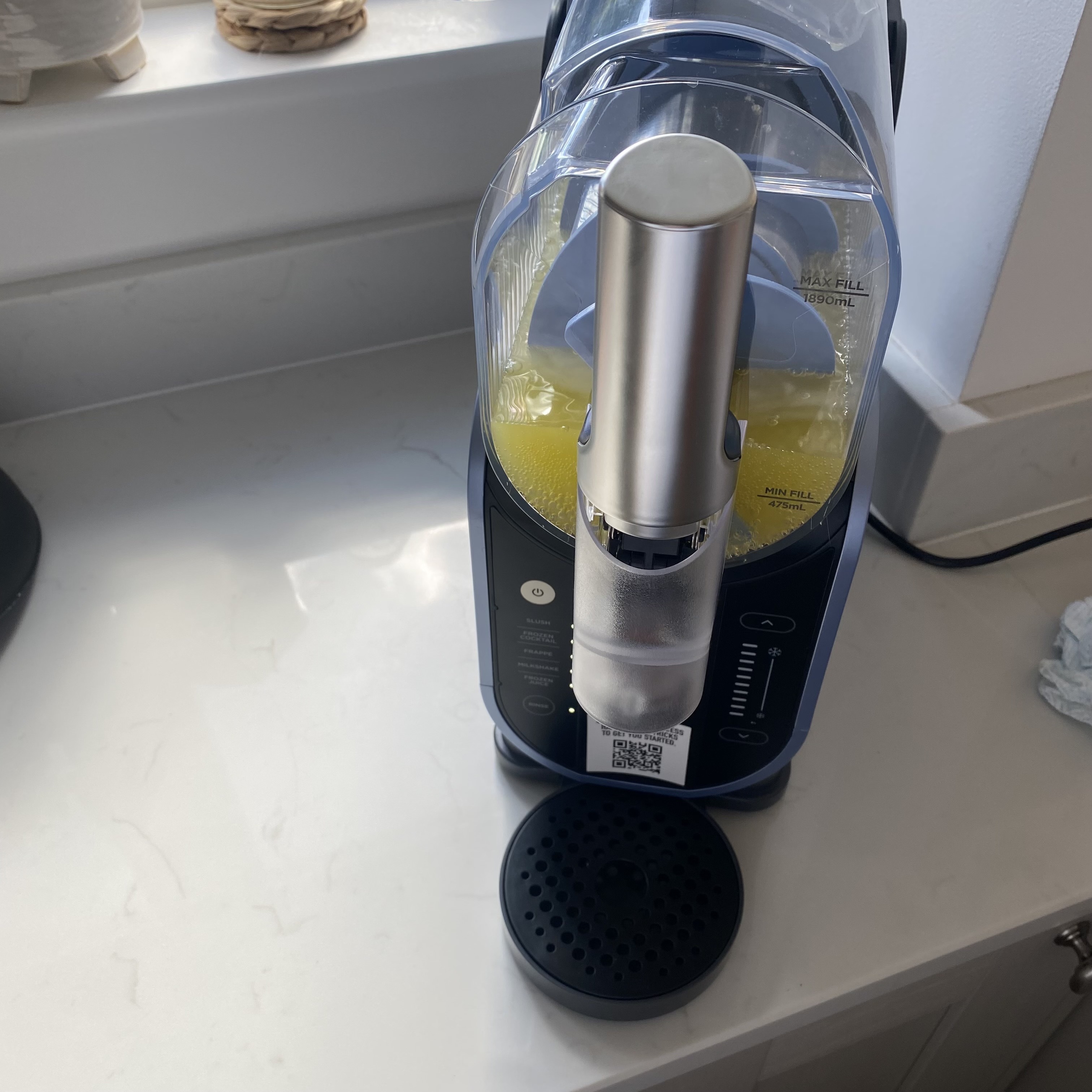 I unboxed the Ninja Slushi – here's what happened
I unboxed the Ninja Slushi – here's what happenedThe Ninja Slushi is the stuff of dreams for summer entertaining
By Molly Cleary
-
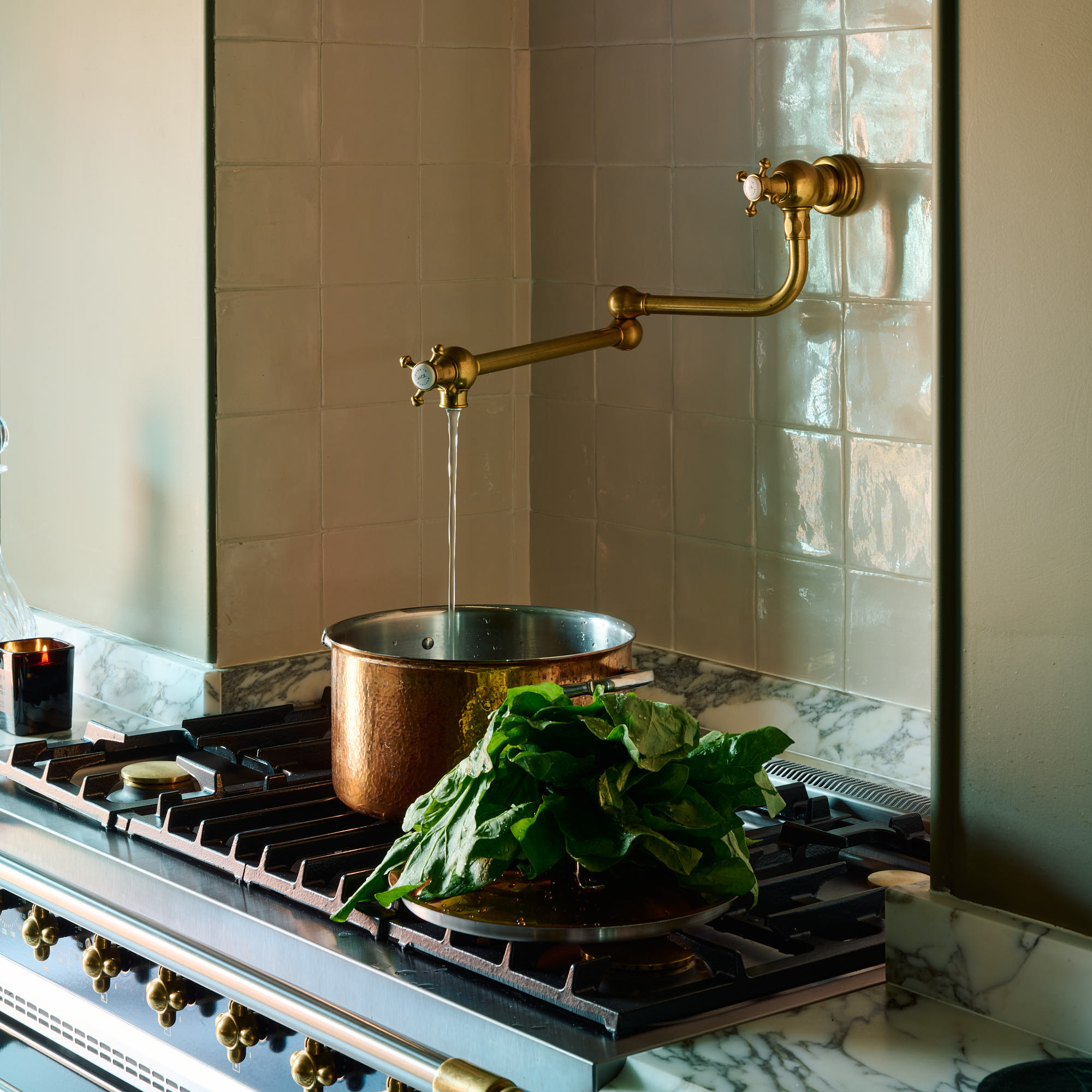 Should you invest in a pot filler or are they just a high-end kitchen fad? I asked kitchen experts whether they're set to be a trend beyond 2025
Should you invest in a pot filler or are they just a high-end kitchen fad? I asked kitchen experts whether they're set to be a trend beyond 2025A high-low approach to kitchen design is the key to creating a stylish space in your budget
By Holly Cockburn